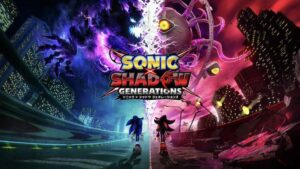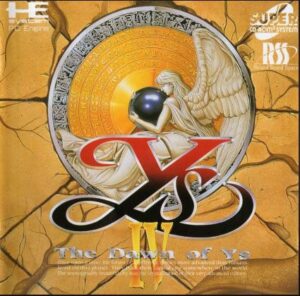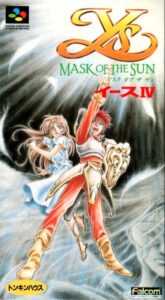All things must come to an end eventually, and the Legacy of Goku series was no exception. The original Legacy of Goku was released in 2002 and was met by a scathing reception, with critics decrying that it was as a poor game through and through. In 2003, The Legacy of Goku 2 was released, and this iteration became a financial and critical success. Developer Webfoot Technologies sought to build on this momentum by creating one final game for the Legacy of Goku series. The result was Dragon Ball Z: Buu’s Fury, which was released in 2004 for the Gameboy Advance, published by Atari.
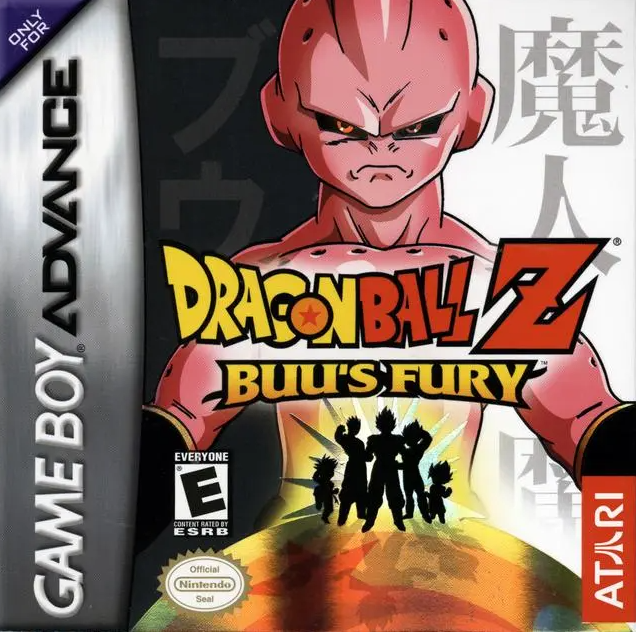
Like the previous installments in the Legacy of Goku series, Buu’s Fury is an action role playing game in which players adventure through the story of Dragon Ball Z. This installment adapts the third and final arc of Dragon Ball Z’s story, which spans from the beginning of the Otherworld Tournament saga to Goku and friends battling their final adversary, the titular Majin Buu. The game also includes events from Dragon Ball movies such as Broly: Second Coming and Fusion Reborn
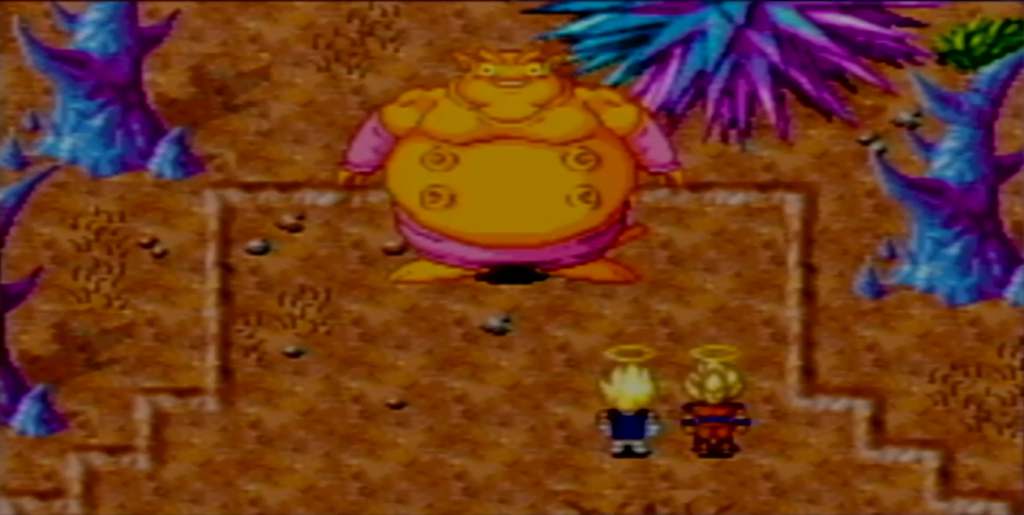
Much like Legacy of Goku 2, Buu’s Fury allows players to control various characters as you battle through the game’s environments and challenges. There are plenty of foes to fight – the game has a generous level cap of 200 for each playable character, compared to the modest level cap of 50 in Legacy of Goku 2.
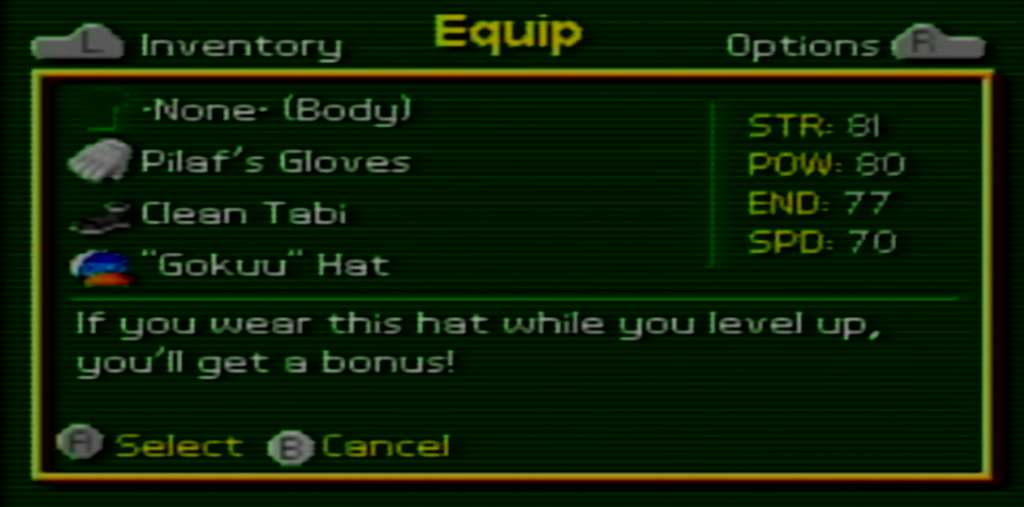
Buu’s Fury may bare a different name than its predecessors, but it is a Legacy of Goku game through and through. Gameplay is largely the same as the previous iterations, with a couple of notable changes. The game eliminated the character-specific charged melee attacks from the previous installments. Instead, players can now block oncoming melee or energy attacks by holding down the right shoulder button. Characters now have stat points to allocate upon leveling up, and they can also upgrade their techniques upon reaching certain level thresholds.
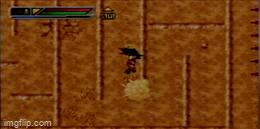
Buu’s Fury made an earnest effort to improve upon its predecessor. Not only did the above changes help to refine gameplay, but presentation was improved across the board. Character sprites are more detailed and carry smoother animations. The soundtrack also features a memorable score by Faulconer, which has a larger presence in this game that I imagine fans will enjoy. Personally, I think Buu’s Fury overuses the score a bit, while Legacy of Goku 2 struck a nice balance between the Faulconer score and original compositions. The original tracks in this game do stand out, and I wish there were more of them.
The runtime for completing the main story in Buu’s Fury clocks in at about 9 hours. Playtimes may fluctuate a bit, as there are many easter eggs hidden within the postgame of this title. Buu’s Fury doesn’t have an optional super boss like Cooler from Legacy of Goku 2, but there are still things to do after defeating Majin Buu if the player wishes to continue.
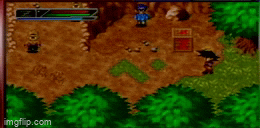
Difficulty wise, Buu’s Fury is almost too welcoming. The game’s technical refinements made it even easier than Legacy of Goku 2, which was already very straightforward. Buu’s Fury is the easiest game in the Legacy of Goku series by far, so if you thought Legacy of Goku 2 was too easy, then this game may not be satisfactory for you.
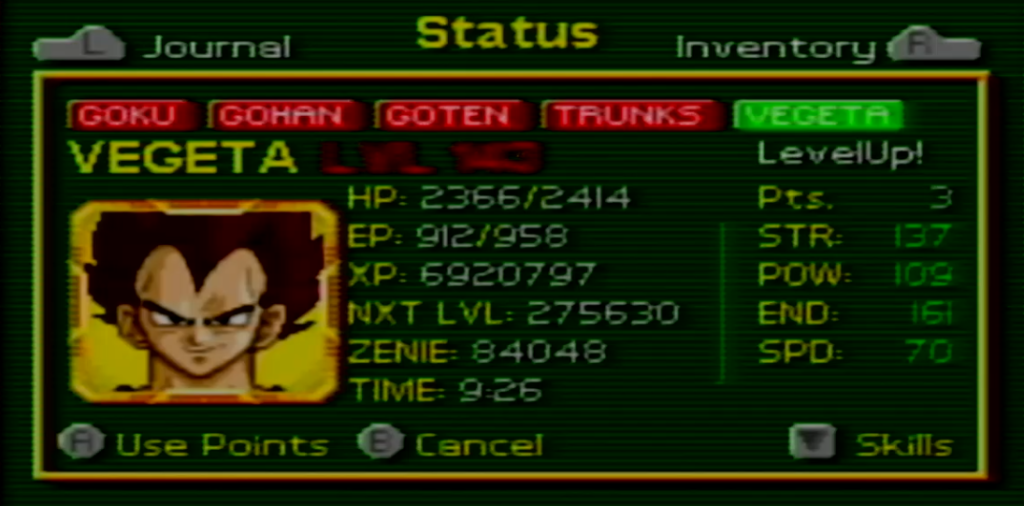
Buu’s Fury sets out to be a functional and fun RPG centered around Dragon Ball Z’s final arc, and as games such as Dragon Ball Z: Kakarot have shown us, that isn’t exactly an easy task. Buu’s Fury is filled to the brim with technical refinements that improve upon what Legacy of Goku 2 had to offer. If you enjoyed the previous installment, then I imagine that you will enjoy this title as well. However, if you didn’t find anything of value in that title, then I don’t think Buu’s Fury will change your mind about the Dragon Ball Z series. This sequel didn’t rewrite the book, so to speak; it merely refined what worked in the past and slimmed down the experience.
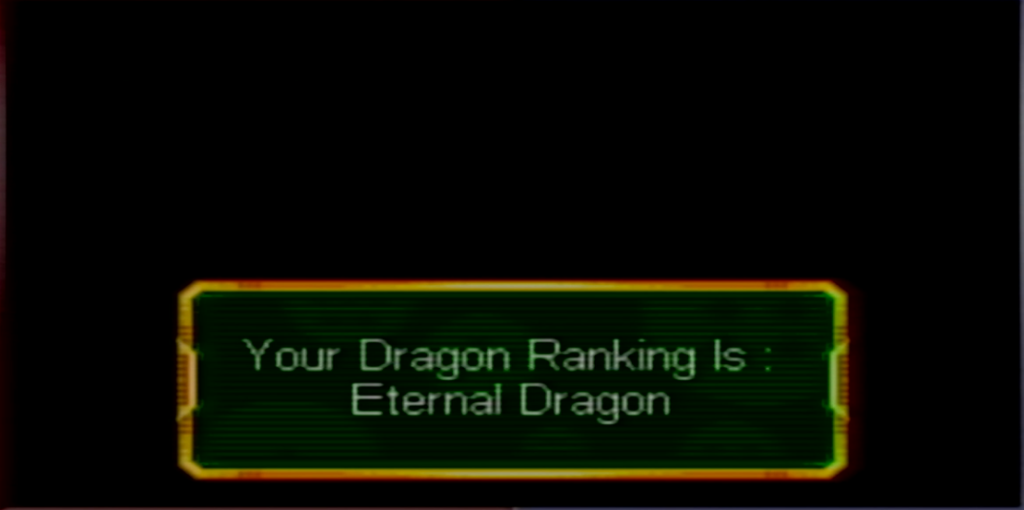
Dragon Ball fans looking for a new RPG will feel right at home playing Buu’s Fury. For everyone else, it will be a straightforward, if a bit simple, RPG from late in the Gameboy Advance’s life cycle. Considering where the Legacy of Goku series started, I’d say this game succeeded as a final installment for the series. We’ve come a long way from the original Legacy of Goku, a game that was poorly constructed and tedious to play. The series ultimately redeemed itself with two games that clearly had care and polish put into them, and that means a lot, even today.


